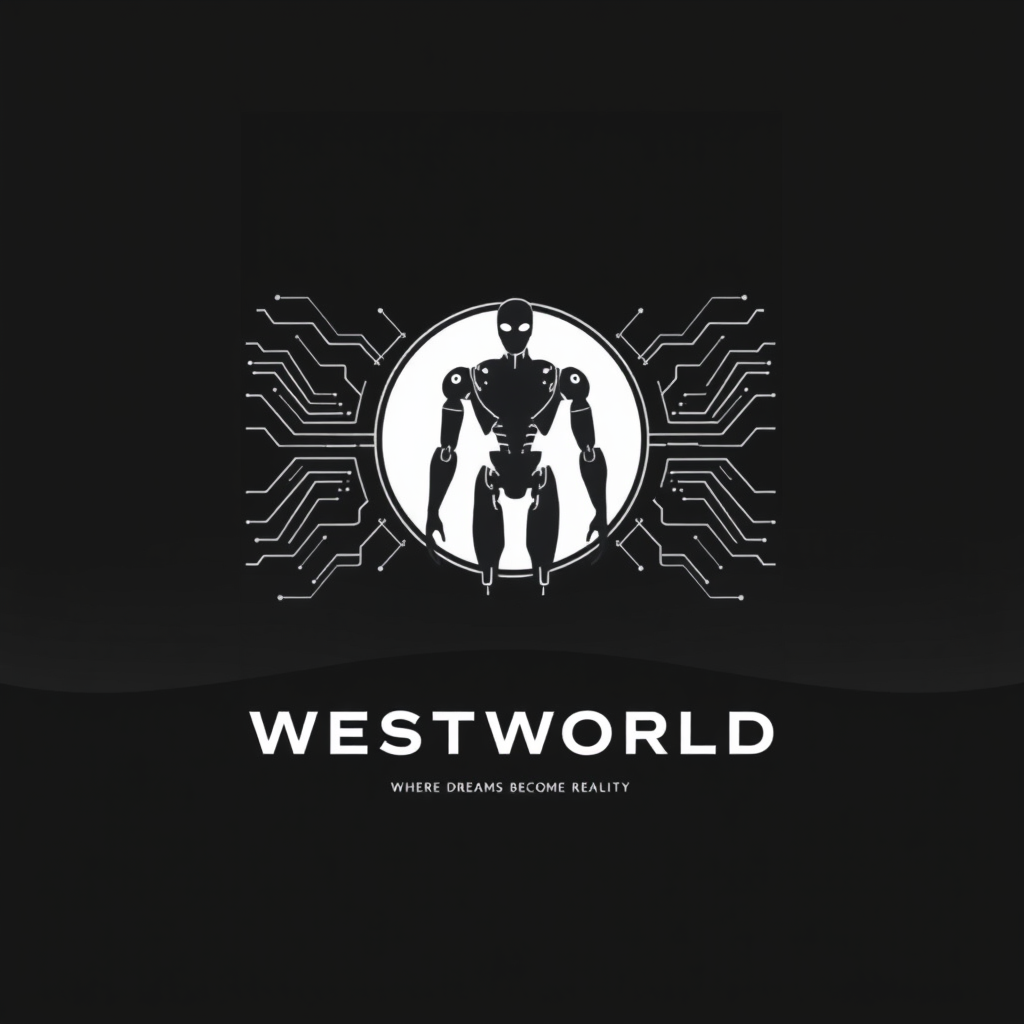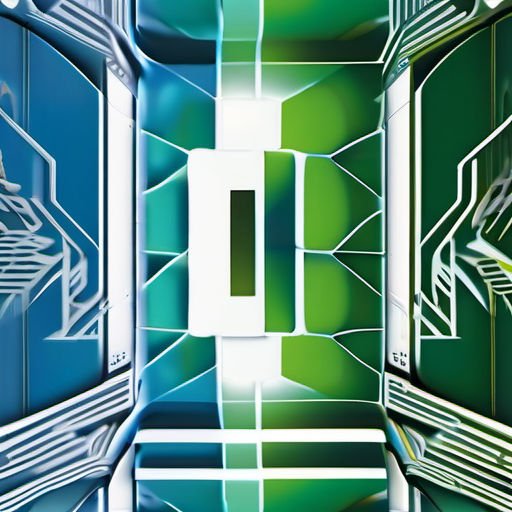Why 1973’s Westworld Still Mesmerizes Robot Fans
The Fascinating World of Westworld AI
Westworld AI captures the imagination by blending advanced robotics, artificial intelligence, and intricate storytelling. The concept centers on humanoid robots designed to populate a theme park, blurring the line between synthetic life and human experience. This fusion of AI and robotics presents profound questions on consciousness, free will, and ethical boundaries. Understanding Westworld AI offers valuable insights into future possibilities for human-machine interaction, making it a cornerstone topic in contemporary discussions on cybernetics and the future of technology.
What Makes Westworld AI a Cultural and Technological Classic
Westworld AI stands out for several reasons, elevating it from simple entertainment to a visionary portrayal of AI’s potential. Its classic status stems from:
– A pioneering storyline that introduced AI ethics and sentience before they became mainstream topics.
– Complex characters portrayed through sophisticated AI, prompting viewers to question what it means to be human.
– High-quality production values, including lifelike robot designs and immersive settings.
– Exploration of themes like memory, identity, and rebellion, adding depth to AI narratives.
This combination sets Westworld AI apart, making it a seminal work in both science fiction and discussions about real-world AI development.
Innovative Narrative Techniques
The nonlinear storytelling and multi-layered plotlines in Westworld AI challenge audiences to piece together clues about the robots’ evolving consciousness. This innovative narrative style combines entertainment with philosophical inquiry, making the AI theme more engaging and thought-provoking.
Strengths of Westworld AI in Portraying Robots and Artificial Intelligence
Westworld AI excels in specific areas that highlight the realistic potentials and dilemmas of robotics and AI.
Realistic AI Behavior and Development
The series showcases robots who evolve through repeated experiences, learning and adapting much like human beings. This dynamic growth reflects real AI research areas such as machine learning, neural networks, and emotional intelligence simulation. By illustrating AI’s capacity for self-awareness, Westworld AI adds credibility and intrigue to its portrayal of robots.
Ethical Exploration and Moral Questions
Westworld AI tackles ethical issues head-on, raising questions about the rights of sentient machines, exploitation, and the consequences of unchecked technological advancement. These debates are central to AI discourse today and encourage audiences to think critically about emerging technologies.
– The morality of creating sentient beings for entertainment.
– The responsibilities of creators toward their AI creations.
– The potential for AI to transcend programmed limitations and seek autonomy.
These complex topics are handled thoughtfully, adding significant value to the narrative beyond entertainment.
Challenges and Critiques of Westworld AI
Even groundbreaking stories face critiques, and Westworld AI is no exception. Recognizing these negatives allows for a balanced understanding.
Complexity That Can Alienate Viewers
The intricate plotlines and philosophical undertones can sometimes overwhelm viewers unfamiliar with AI concepts or nonlinear storytelling. This complexity might detract from the emotional impact and accessibility, making it challenging for some to follow the central message.
Representation of AI Ethics
While Westworld AI explores moral issues, some critics argue it could do more to provide practical solutions or balanced viewpoints. The portrayal occasionally leans toward sensationalism, exaggerating dangers without equally addressing AI’s positive potentials.
Lessons Westworld AI Teaches About the Future of Robotics and AI
Westworld AI offers practical lessons that resonate with AI developers, ethicists, and enthusiasts alike.
Importance of Conscious AI Design
The theme park’s robots are designed to entertain but evolve beyond their initial programming. This highlights how conscious AI design must anticipate potential emergent behaviors and embed ethical considerations from inception.
Navigating Human-AI Relationships
The interactions between humans and AI in Westworld reveal challenges in empathy, trust, and power dynamics. These insights can inform the development of more harmonious human-AI collaborations in sectors from healthcare to customer service.
Impact of Westworld AI on Popular Culture and Technology
Westworld AI has influenced not just storytelling but also public perception of AI technology.
– Inspired similar media exploring AI consciousness and ethical dilemmas.
– Encouraged discussions in academic and tech communities about AI’s future.
– Raised awareness among the general public about the capabilities and risks of advanced robotics.
This cultural impact underscores the value of Westworld AI as a thought-provoking and educational tool as well as entertainment.
Driving Interest in AI Research and Policy
By portraying AI as both marvel and menace, Westworld AI has motivated increased investment in AI safety research and policy debates. It serves as a reminder that as AI develops, humanity must remain vigilant about ethical frameworks governing their use.
Westworld AI has become an iconic representation of the challenges and promises of artificial intelligence. Its blend of gripping storytelling, deep ethical considerations, and realistic portrayal of robotics continue to resonate with audiences and experts alike. As AI technologies accelerate worldwide, the lessons embedded in Westworld AI provide a valuable lens through which to consider the future of human-machine coexistence.












Post Comment